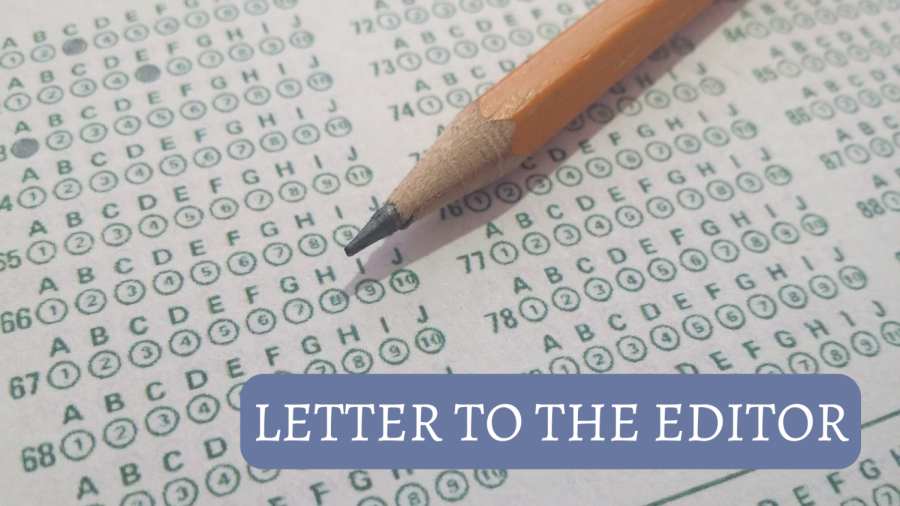When President Trump was caught eating pizza with a knife and fork, a media storm followed. “How Donald Trump tried to assimilate into Earth culture and failed,” announced one Guardian headline. His pizza-eating habit was criticized as an indication of his detachment from the common people. New York mayor Bill de Blasio and 2004 Democratic presidential candidate John Kerry have both also for being caught on camera eating pizza “the wrong way.”
The expectation that politicians should be relatable has led to absurd spectacles involving politicians photographed while eating at small diners on the campaign trail or provoking scandal with thousand-dollar clothes. This causes politicians to be judged not by how experienced or competent they are, but how “relatable” they seem to us, the “commoners.” A habit of eating pizza with a knife and fork becomes a vulnerability for politicians, even though this trait has nothing to do with how well a candidate will do once in office.
Celebrities also participate in charades of relatability. Jennifer Lawrence swears a lot in interviews. Anna Kendrick says she likes sweatpants and fast food. Taylor Swift may have a private jet and supermodel friends, but she bakes cookies and cuddles with her cats on Instagram–just like us. But relatable celebrity personas are still personas. Celebrities who portray themselves as relatable are not more authentic than one that does not try to seem down-to earth.
Relatability is not only applauded in people; according to the New Yorker, the word “relatable” appeared in 116 Times Book Review articles in the year 2013 alone. Praising books for being relatable sends the wrong message about what makes a good novel. The best books change the way we think instead of merely agreeing with what we already know. Books can be valuable precisely because they force the reader into the shoes of someone very different from themselves. Claiming that Shakespeare is great simply because his themes and are universally and timelessly relatable forgets that reading to see ourselves reflected in characters is shallow at best and self-absorbed at worst. Can most Taipei American School students really relate to rape or slavery? The idea that good books are good simply because they are “relatable” refuses to acknowledge that sometimes complete understanding is impossible.
The popularity of relatability speaks to our enthusiasm for people and characters that are weird and flawed, just like us: Buzzfeed’s 2014 list of the top 10 most relatable TV characters ever included a man desperate for love, a pretentious know-it-all, and an awkward “human disaster”.
Identifying with a politician, celebrity, or fictional character is not the problem. Relatability only becomes harmful when it becomes the starting point for thinking about and judging people and characters. It obscures the gulf between our lives and theirs.
To be satisfied with relatability is to ignore the insight to be gained from difference. Sometimes, the best politicians, actors, and books may not be the most relatable ones. Denigrating unrelatability causes people to lose sight of that. Instead of applauding relatability, we should reward the well-managed crisis, the well-acted scene, and the well-written passage. Sometimes being “just like me” is not what I need most, as a voter, reader, citizen, human being.


![The snack bar serves different lunch
boxes everyday. [AIDEN SHEN/THE BLUE & GOLD]](https://blueandgoldonline.org/wp-content/uploads/2023/12/Price-849x1200.jpeg)
![The live-action remake of Snow White from Disney is projected to release in March of 2024. [LOGO COURTESY OF THE WALT DISNEY COMPANY/WALT DISNEY].](https://blueandgoldonline.org/wp-content/uploads/2023/11/unnamed-1200x848.png)



